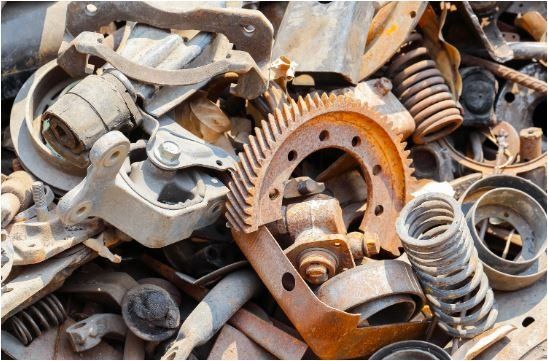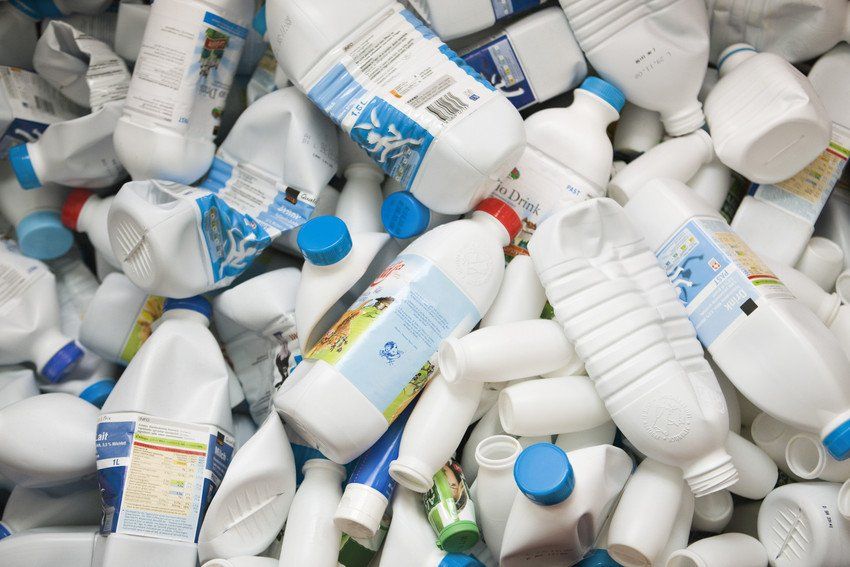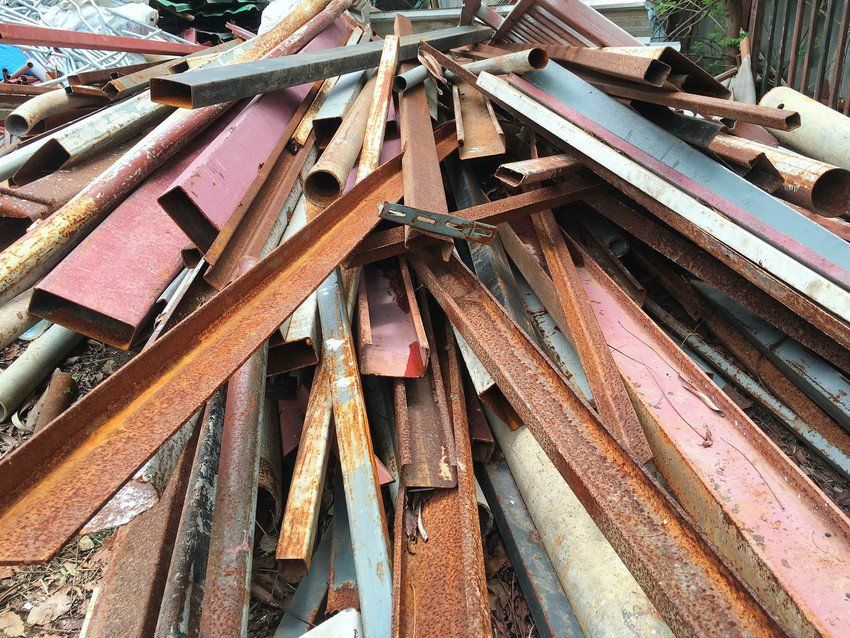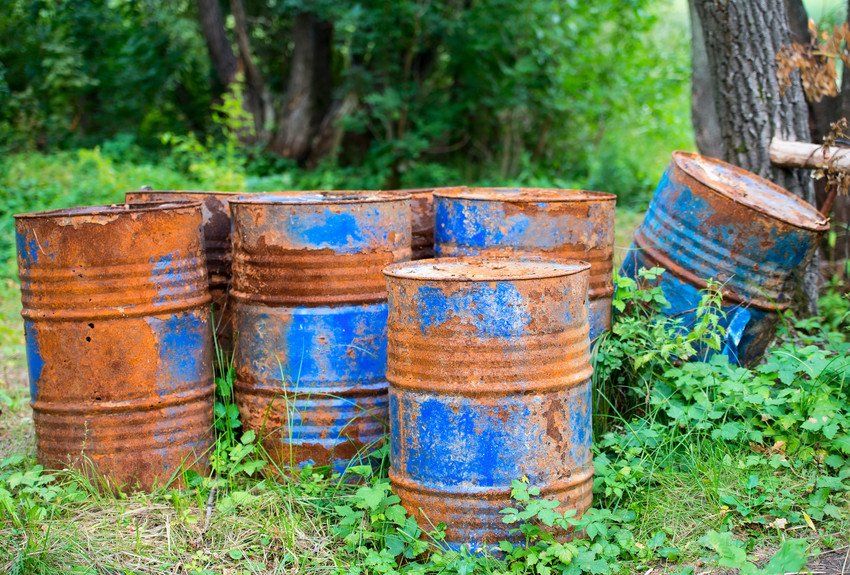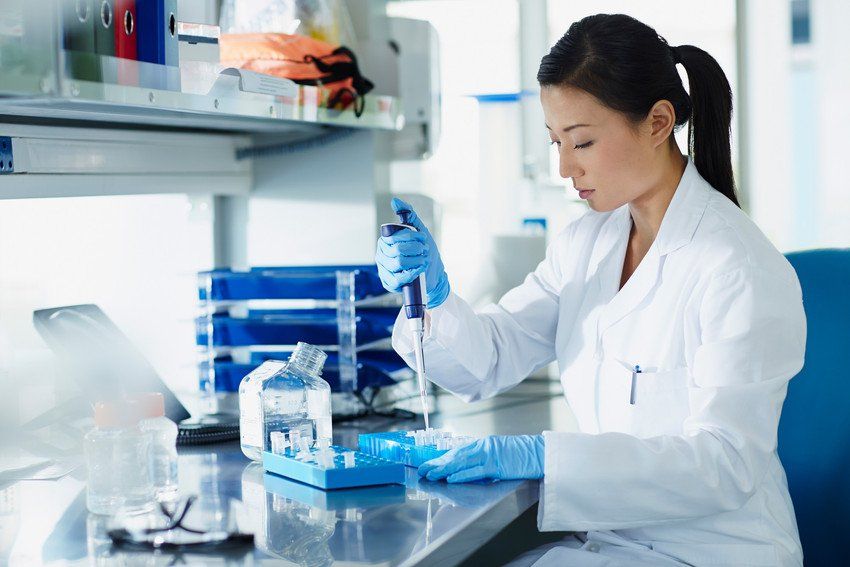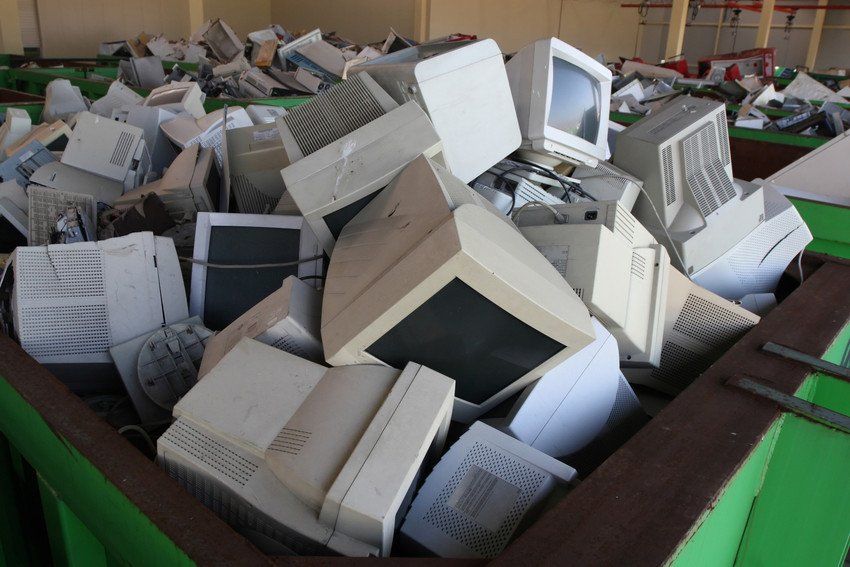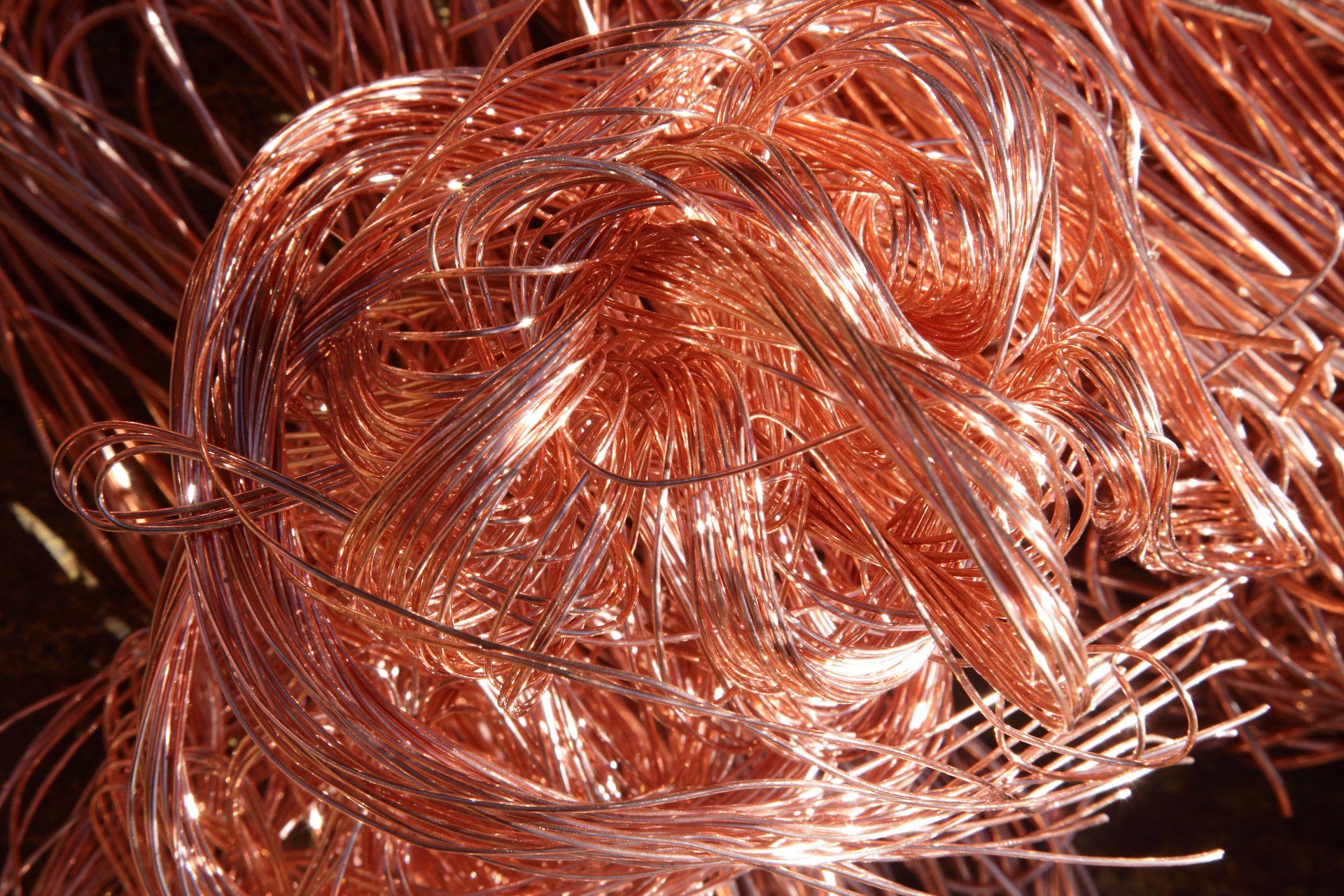Why Are Recycling Services So Important?
Statistics estimate that the average person in the UK throws away around 400kg of waste each year. Many of us do our bit to recycle as much as possible, but the UK recycling rate for waste from households was just 45% in 2018. The EU set a target to recycle at least 50% of household waste by 2020, but why is this such a pressing issue?
We’re all familiar by now with the damage waste causes to our environment; from plastic in our oceans to harmful greenhouse gases produced by landfill sites. These issues have a devastating effect on our planet, including harm caused to marine life, polluted waters and the effects of global warming.
This might sound rather bleak, but there are steps we can take. Recycling services are one vital part of reducing the amount of waste we produce and protecting the environment. They’re important for many other reasons too, including lowering the amount of pollution and protecting natural resources. If you want to find out more about what recycling services are and why they’re so vital to our planet, see below for our handy guide.
What are recycling services?
Recycling services are used by both domestic and commercial customers on a large or small scale. They cover everything from the lorry that collects your green box of plastic every week, to large scale recycling of metal, wood or cardboard.
Recycling services deal with a varied range of recyclable material, including paper, cardboard, plastic, glass, metal, green waste and construction waste. There are three main types of recycling; primary, secondary and tertiary.
Primary
Also known as closed loop recycling, this method turns one material into more of the same, for example old paper is turned into more paper, or aluminium cans are used to make new cans.
Secondary
Secondary recycling turns one material into something else made from the same material. For example, old tyres are rarely made into new tyres, but they can be used to create other products made from rubber.
Tertiary
This method is also known as chemical recycling and it involves breaking down a material into molecules which can then be used to make something completely different. Plastic is often used in tertiary recycling processes; for example, plastic waste can be chemically broken down and then used to create new packaging for foodstuffs.
Why recycling services are important
Waste has a vast negative effect on our natural environment and it can cause a health hazard to humans too. Recycling services are vital to help combat the negative impact of waste on our planet and to preserve future resources. We’ll explore exactly why recycling services are so important in more detail below.
Reduces waste
Waste companies issued warnings about the mounting pressure on landfill capacities back in 2018 and running out of space could be a very real possibility. The UK simply doesn’t have infinite space for landfill, but recycling services help to drastically reduce the amount of waste sent to these sites.
One study predicts that UK landfill sites will be full by 2022, so recycling services are more vital than ever. Recycling extends the lifespan of materials like plastic or aluminium so that they don’t immediately end up as waste, and the less waste we send to landfill, the more benefits there are for our planet.
Saves resources
Recycling reduces the need to extract or harvest new, raw materials from the earth, as these processes can have a devastating impact on our planet. Harvesting new materials can disrupt natural ecosystems, as the methods often involve practices like cutting down forests or diverting rivers.
This can cause a lot of harm to local communities and wildlife, but recycling reduces the need to constantly source new materials. The world simply doesn’t have an infinite supply of natural resources and some are in very short supply. Recycling paper and wood helps to save timber resources, and recycling plastic reduces the need to mine for new oil. Preserving resources also reduces habitat destruction, including our forests, rainforests and wetlands. These areas are essential to maintain a balanced ecosystem and habitat destruction has a disastrous effect on local wildlife and communities.
Energy efficient
Creating products from raw materials often requires a vast amount of energy. These processes can also produce significant greenhouse gas emissions that lead to the global warming of our planet. On the other hand, creating products from recycled materials is far more energy efficient.
For example, creating new aluminium products using recycled aluminium requires 95% less energy than creating these products from scratch. Recycled steel has an energy saving of around 70% and many of these materials can be recycled again and again. Recycling means less energy is spent sourcing and processing new, raw materials, which cuts down on the amount of carbon emissions produced.
Reduces pollution
Harmful chemicals and greenhouse gases like methane and carbon dioxide are released in vast quantities from landfill sites. This leads to pollution of the surrounding environment, including the air, water supplies and soil. Put simply, more recycling equals less waste sent to landfill and therefore less pollution released into the atmosphere.
Recycling also reduces pollution from plastic waste in our rivers, oceans and seas. It’s estimated that there are 5.25 trillion pieces of plastic in our oceans, including microfibres and plastic floating on the surface. Plastic pollution kills around 1.1 million seabirds and animals each year and microplastics even end up in our food. It’s crucial that we do more and people can do their bit by recycling all plastic packaging and choosing eco-friendly alternatives like canvas bags and metal straws.
Reduces greenhouse gas emissions
Harmful greenhouse gases are released into the air at landfill sites as waste decomposes. As stated above, the production and sourcing of new, raw materials also requires processes which use a lot of energy, releasing more harmful gas. Greenhouse gases have a significant impact on global warming, which leads to devastating effects of climate change, such as floods and forest fires.
Recycling services are key if we want to reduce our greenhouse gas emissions and help halt the effects of global warming on our planet.
Economic advantages
Recycling isn’t just good for the planet, it benefits the economy too. As a general rule, it’s six times cheaper to dispose of recycled waste than it is general rubbish. This means that businesses can potentially save a lot of money by recycling and do their bit for the planet.
It’s also much cheaper to create products from recycled materials compared to raw materials. As mentioned above, sourcing raw materials uses a great deal of energy and the costs are often much higher.
Recycling services also help to create jobs which boosts the economy. One US study from 2016 found that a year of recycling activity created 757,000 jobs and $6.7 billion in tax revenues. Here in the UK, Friends of the Earth published a report which calculated that 50,000 new UK jobs could be created by 2025 if we reach our recycling target of 70%. This includes 30,000 new jobs in the recycling industry directly and 20,000 more in the wider economy.
All material recycling services from Broughshire Waste Metals
If you’re looking for comprehensive recycling services in Bridgend, get in touch with the team at Broughshire Waste Metals. We’re proud to offer reliable, cost effective and environmentally friendly waste management recycling for both domestic and commercial clients. Our recycling company can deal with a wide range of materials, including PVC plastic, wood, cardboard and polythene, as well as general waste, hazardous waste and e-recycling.
We’re a waste company that’s committed to environmentally responsible recycling, so if you’re looking for ‘recycling near me’, give us a call today or
contact us via the website.
